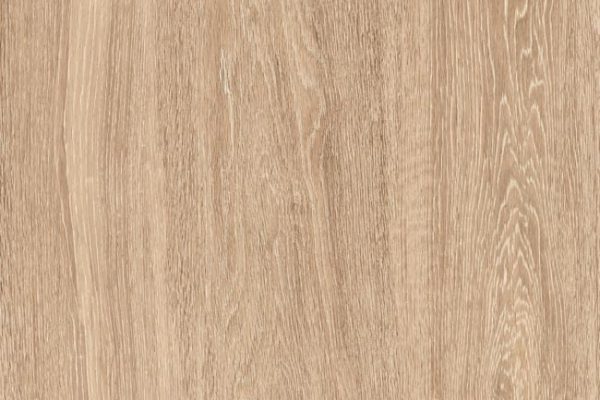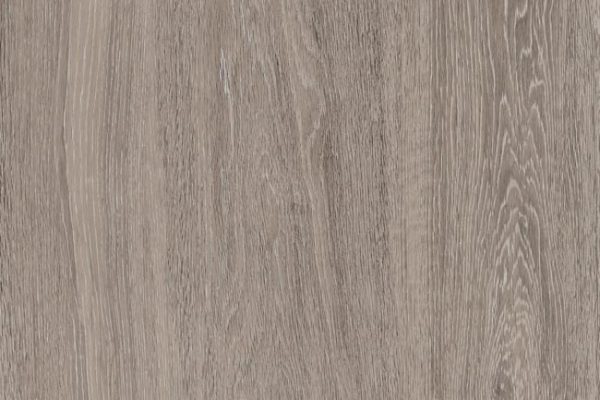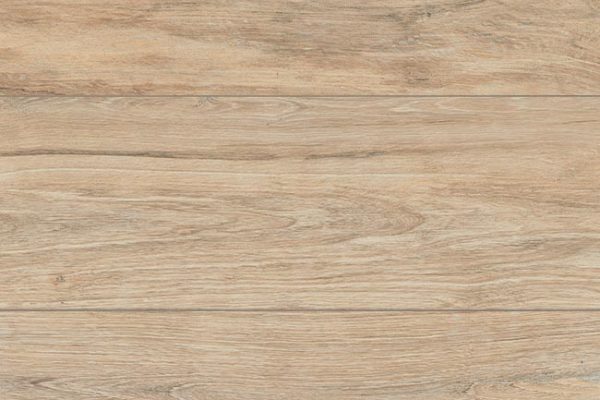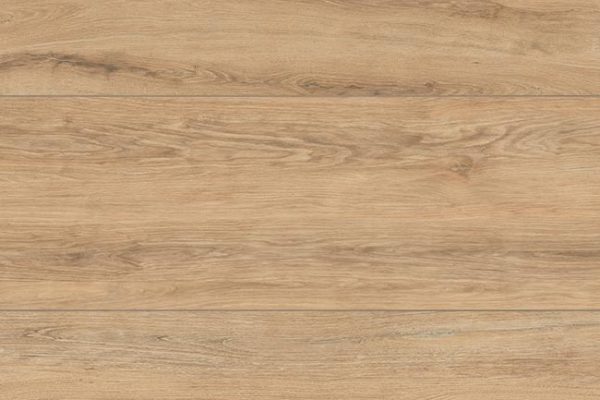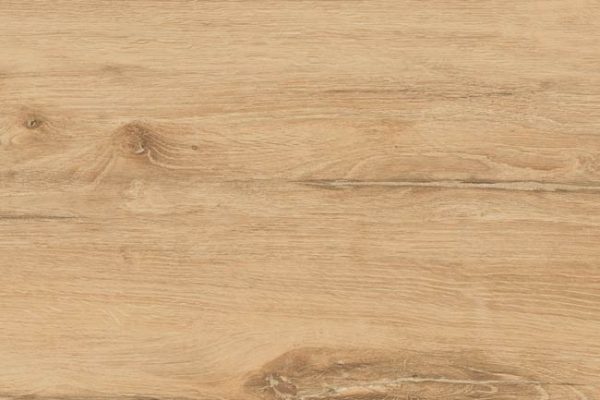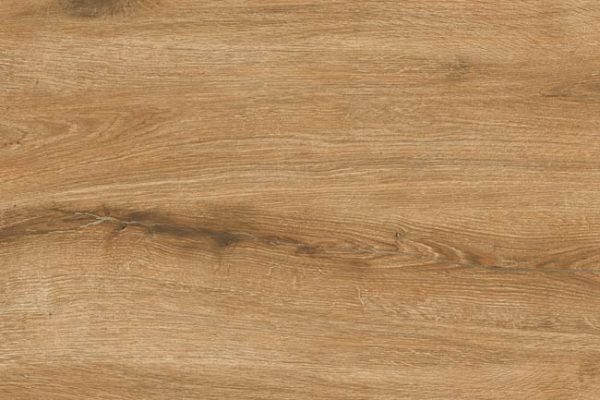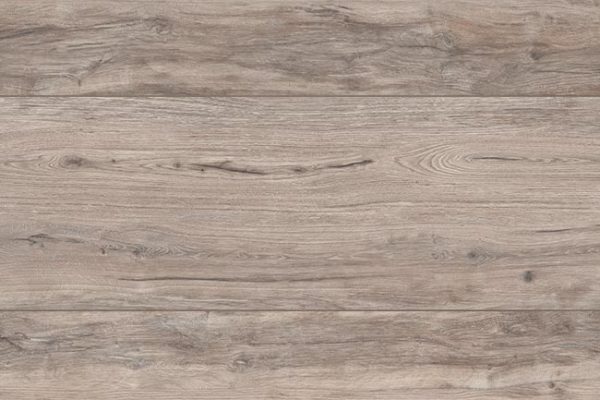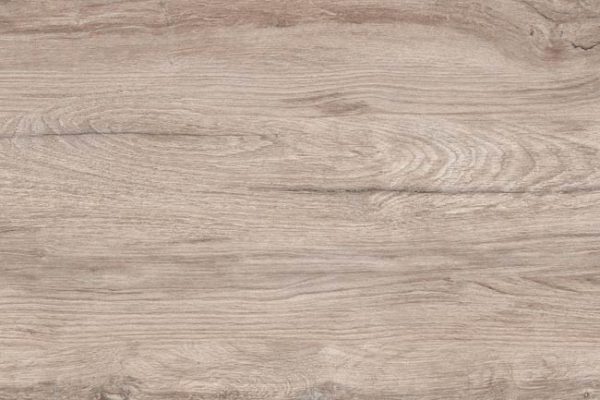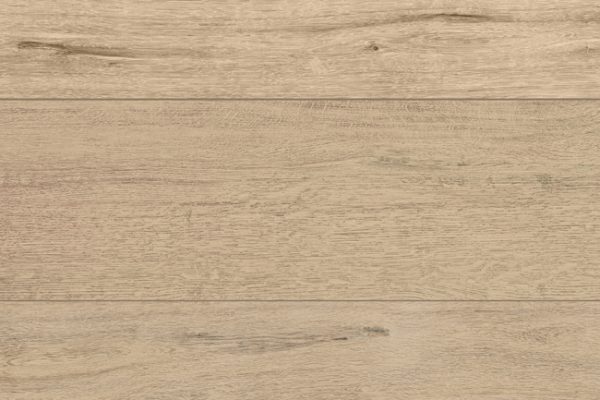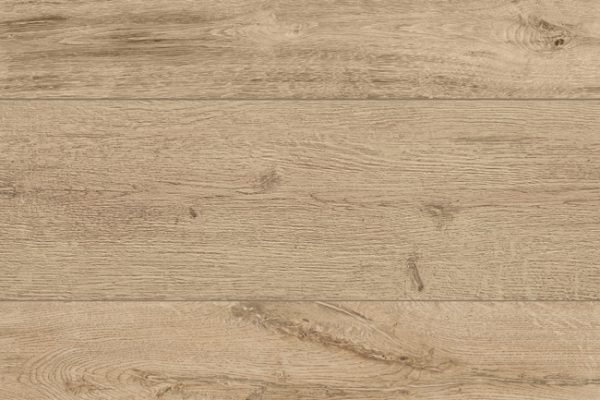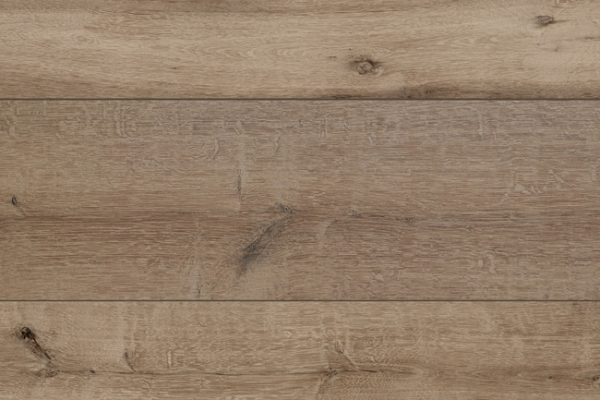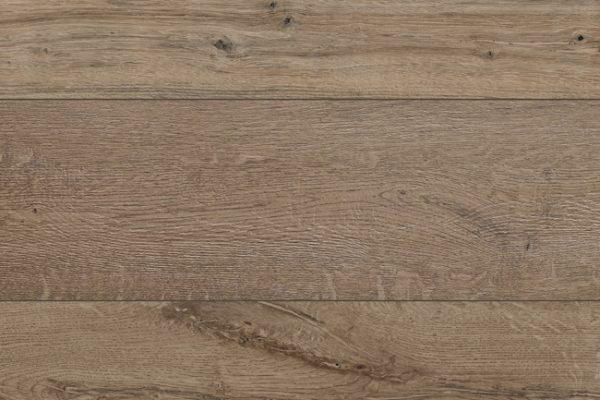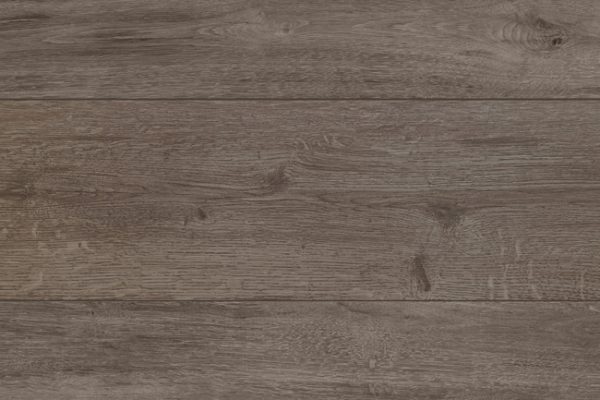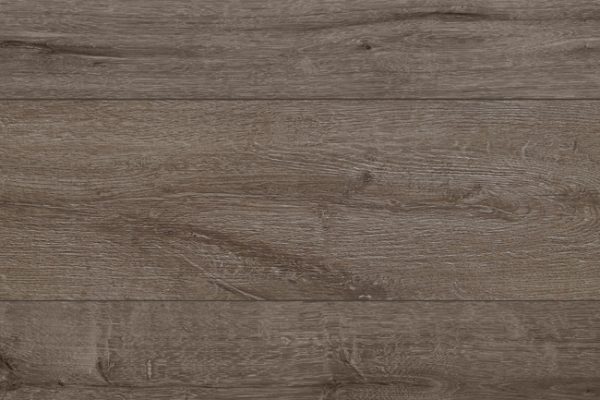Wood-effect tiling on studs is a very popular floor covering. Its appeal lies in its practical installation system, its durability and its excellent quality/price ratio. This alternative offers many advantages, both aesthetically and practically.
Wood-effect tiling on pads
Our Wood and Wood tiles collections
-
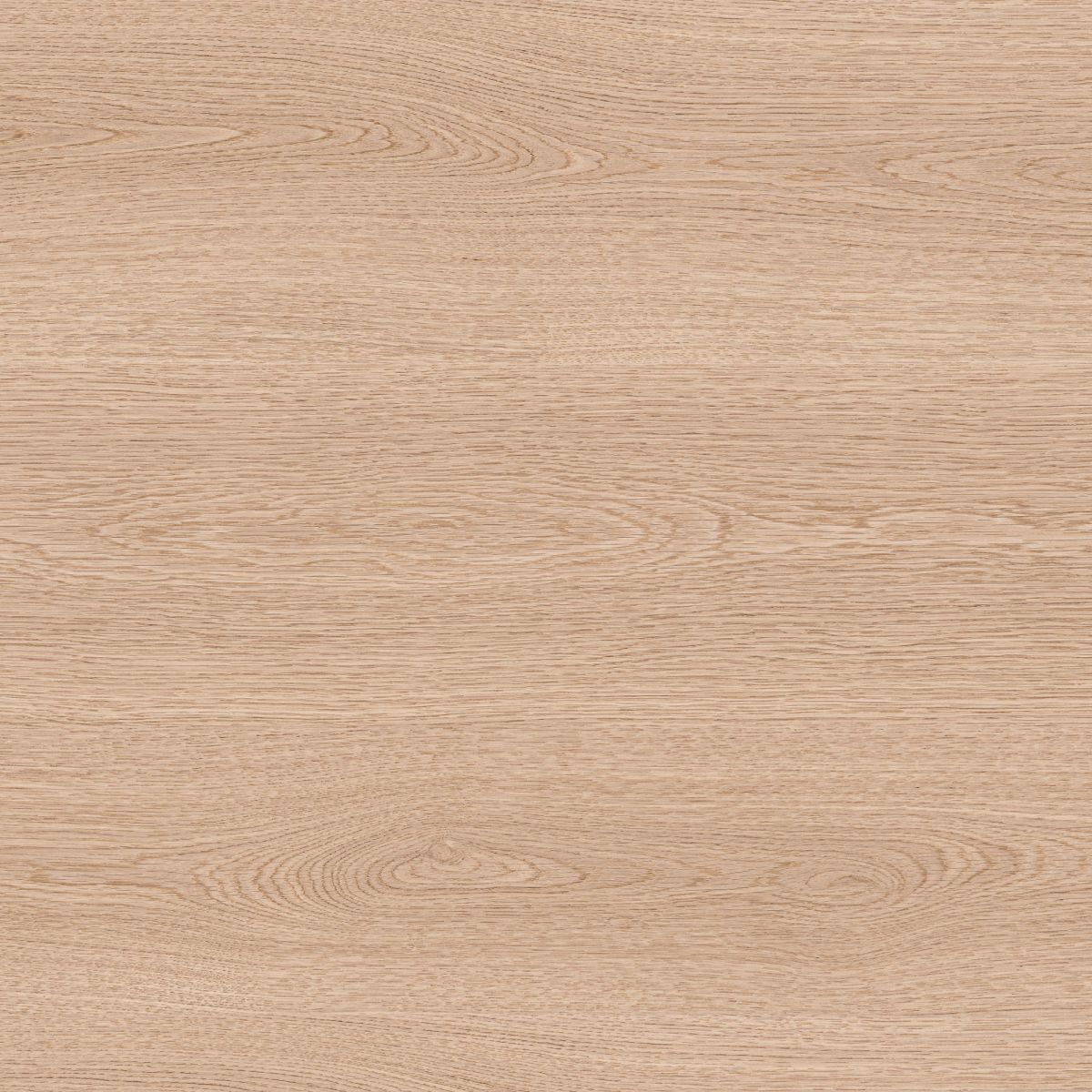 Oaka
OakaBlanchi
20x18020x120 -
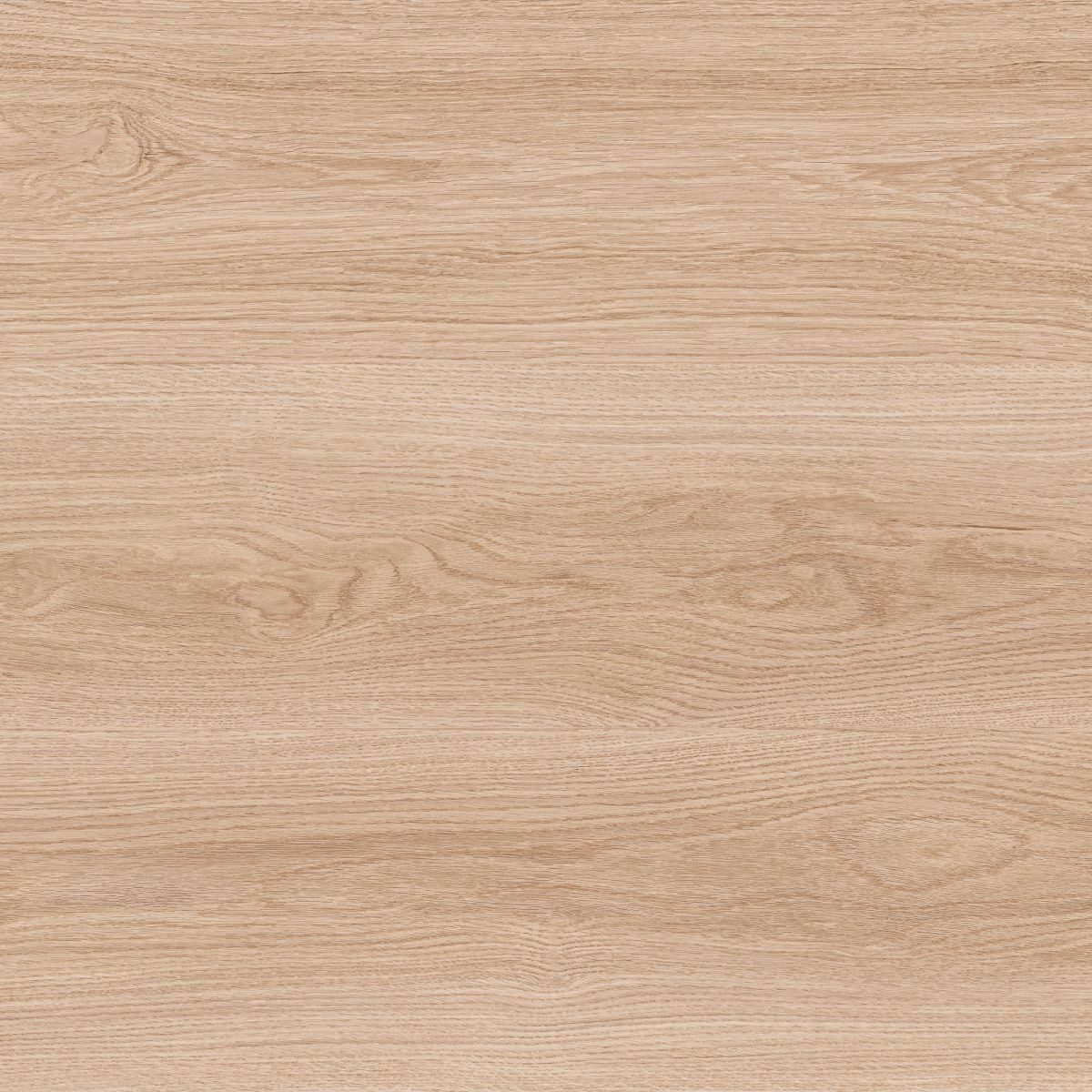 Oaka
OakaBlanchi structured anti-slip
20x120 -
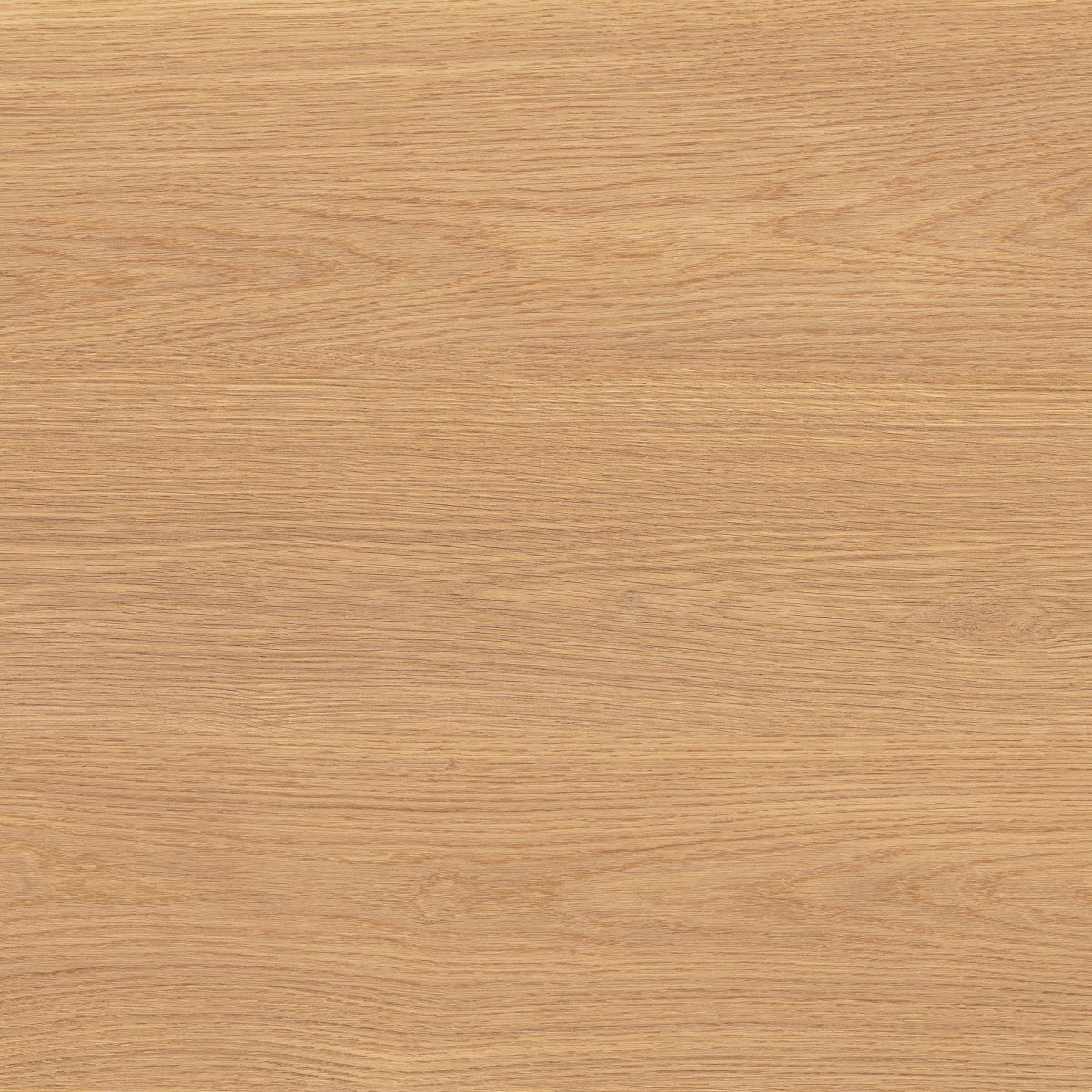 Oaka
OakaNaturel
20x18020x120 -
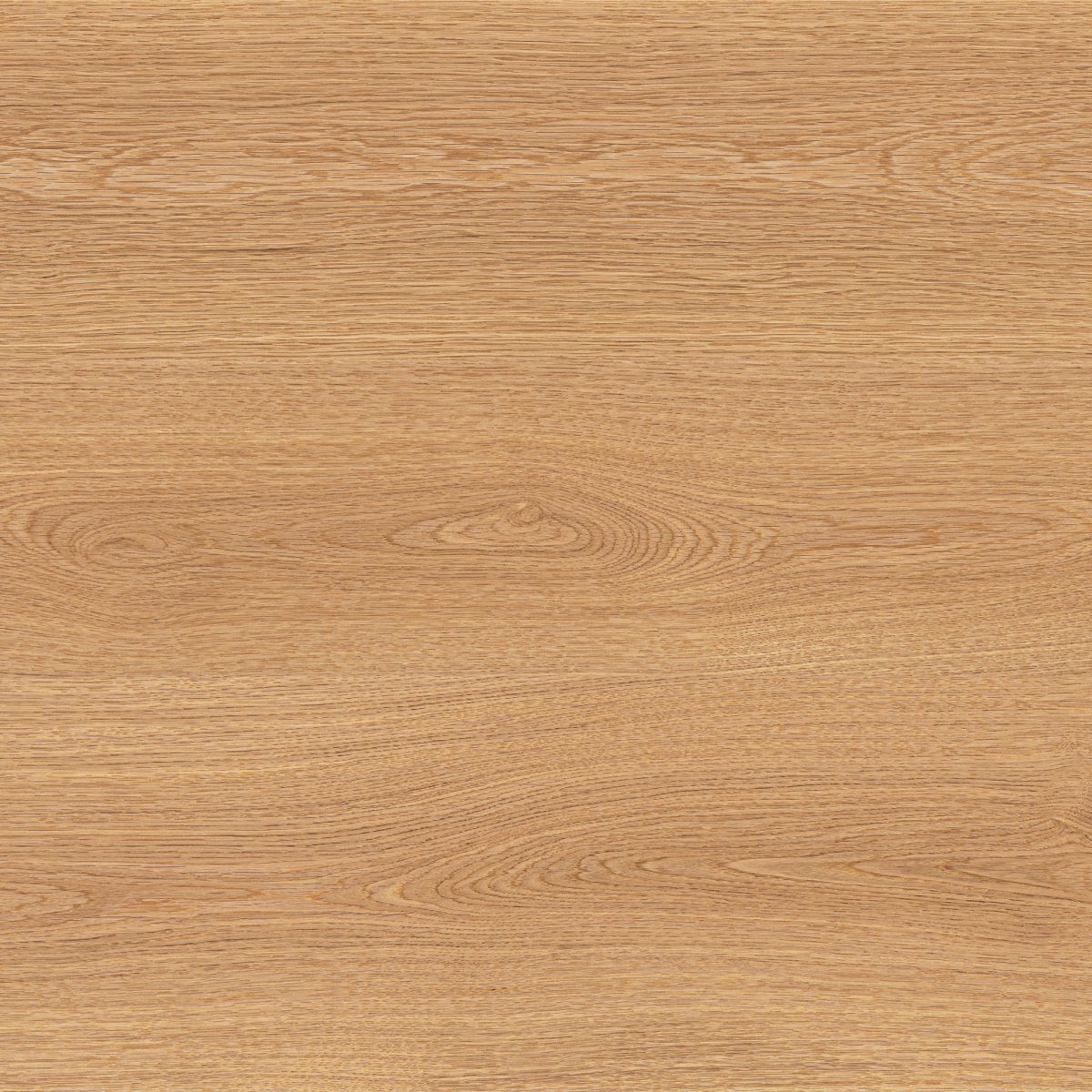 Oaka
OakaNaturel structured anti-slip
20x120 -
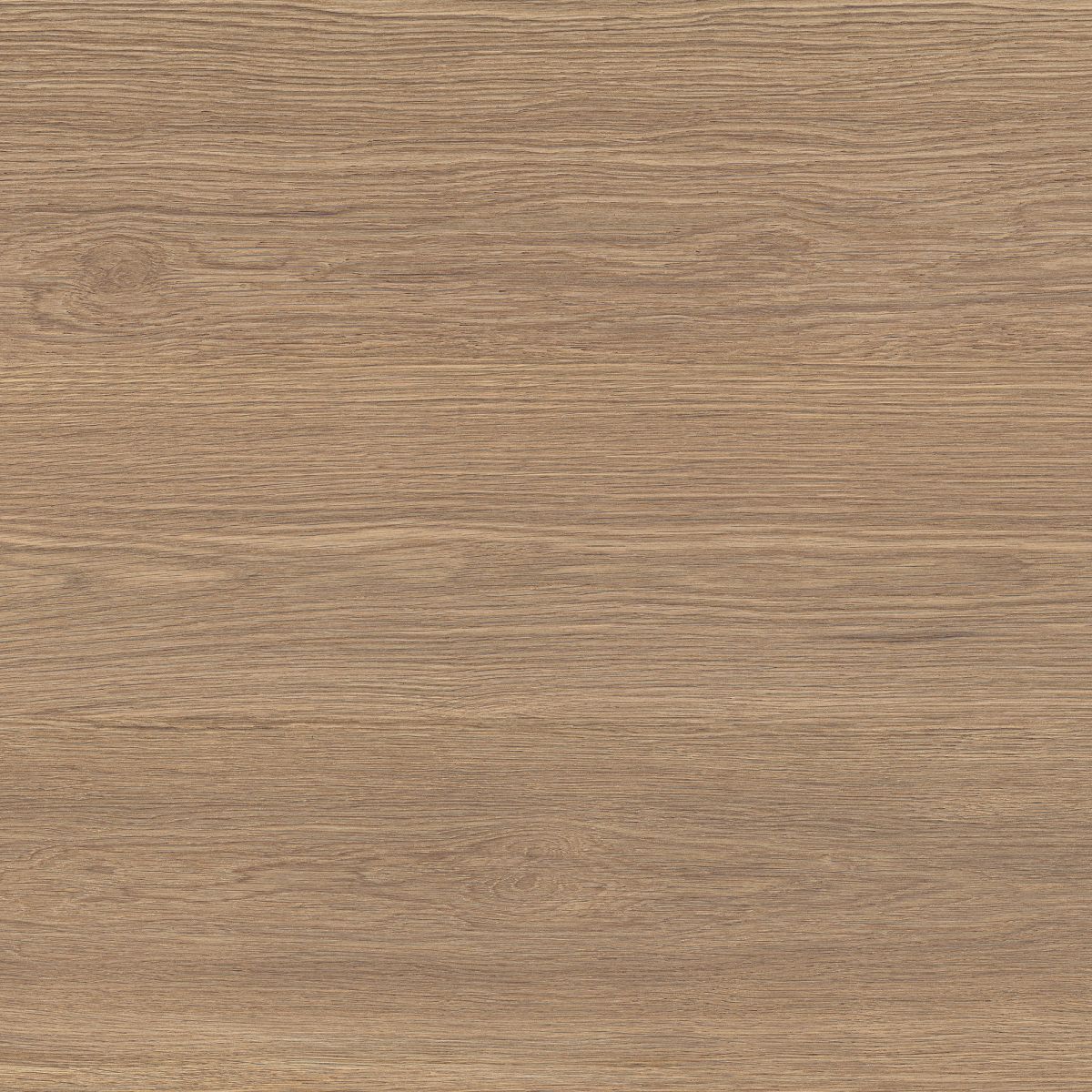 Oaka
OakaMiel
20x18020x120 -
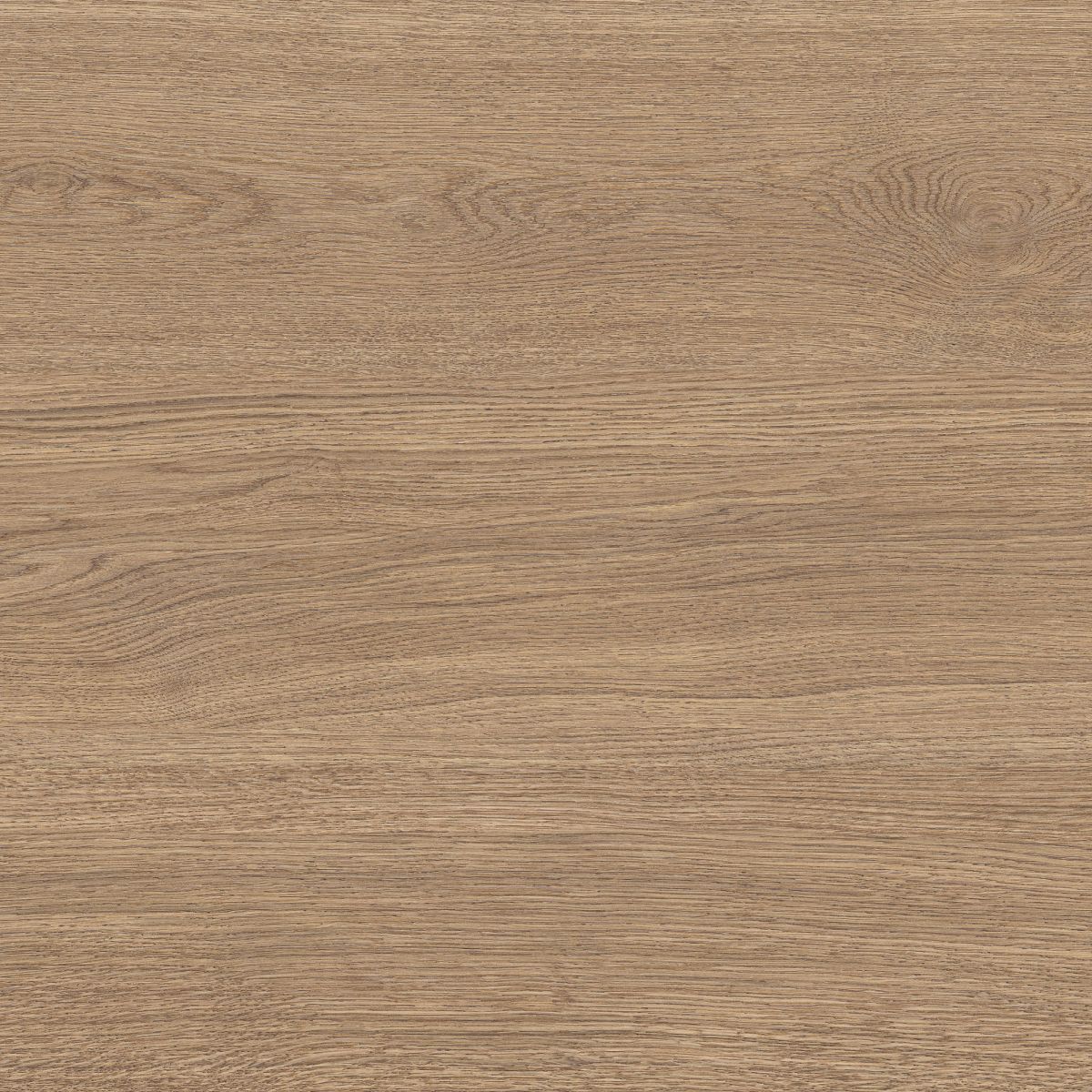 Oaka
OakaMiel structured anti-slip
20x120 -
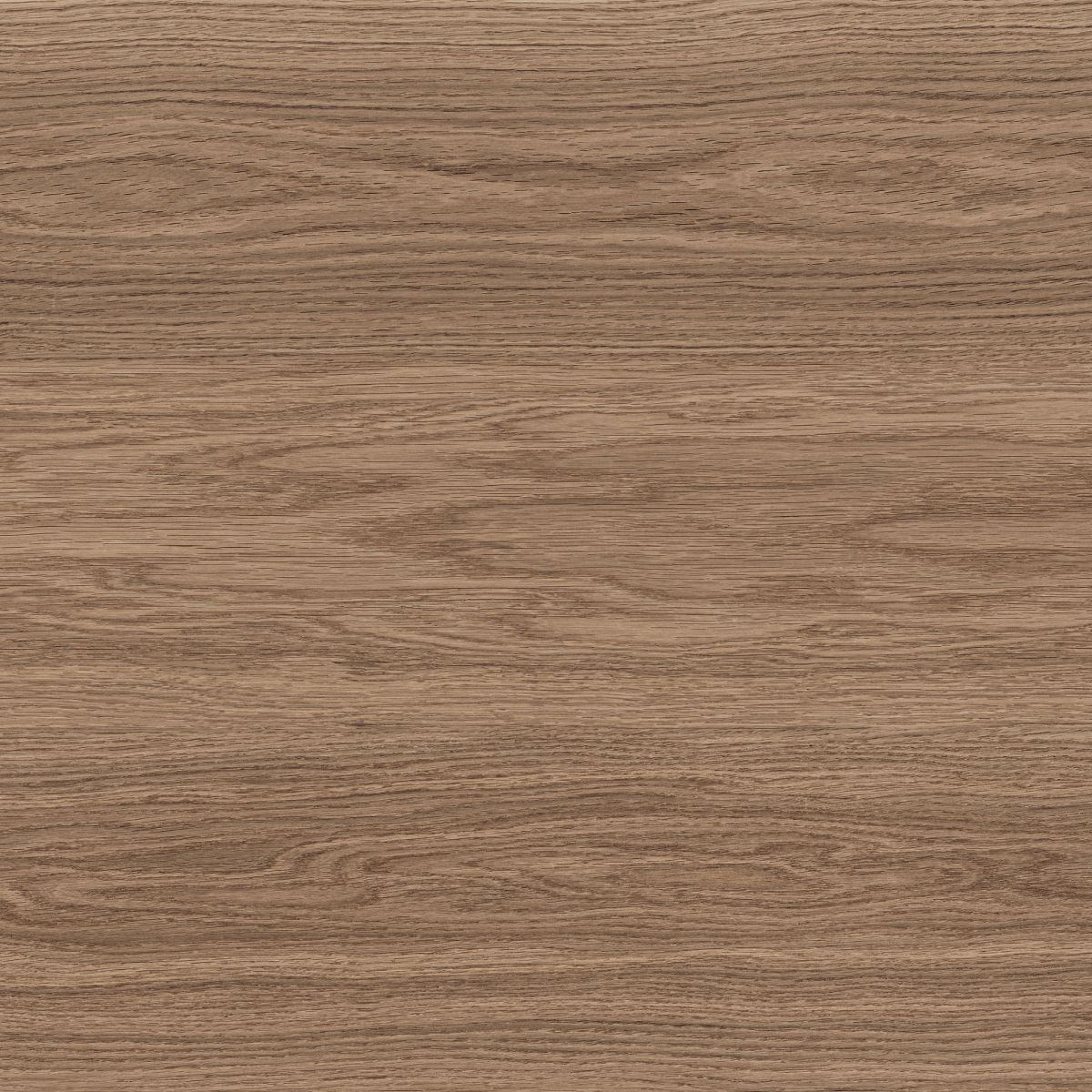 Oaka
OakaNoisette
20x18020x120 -
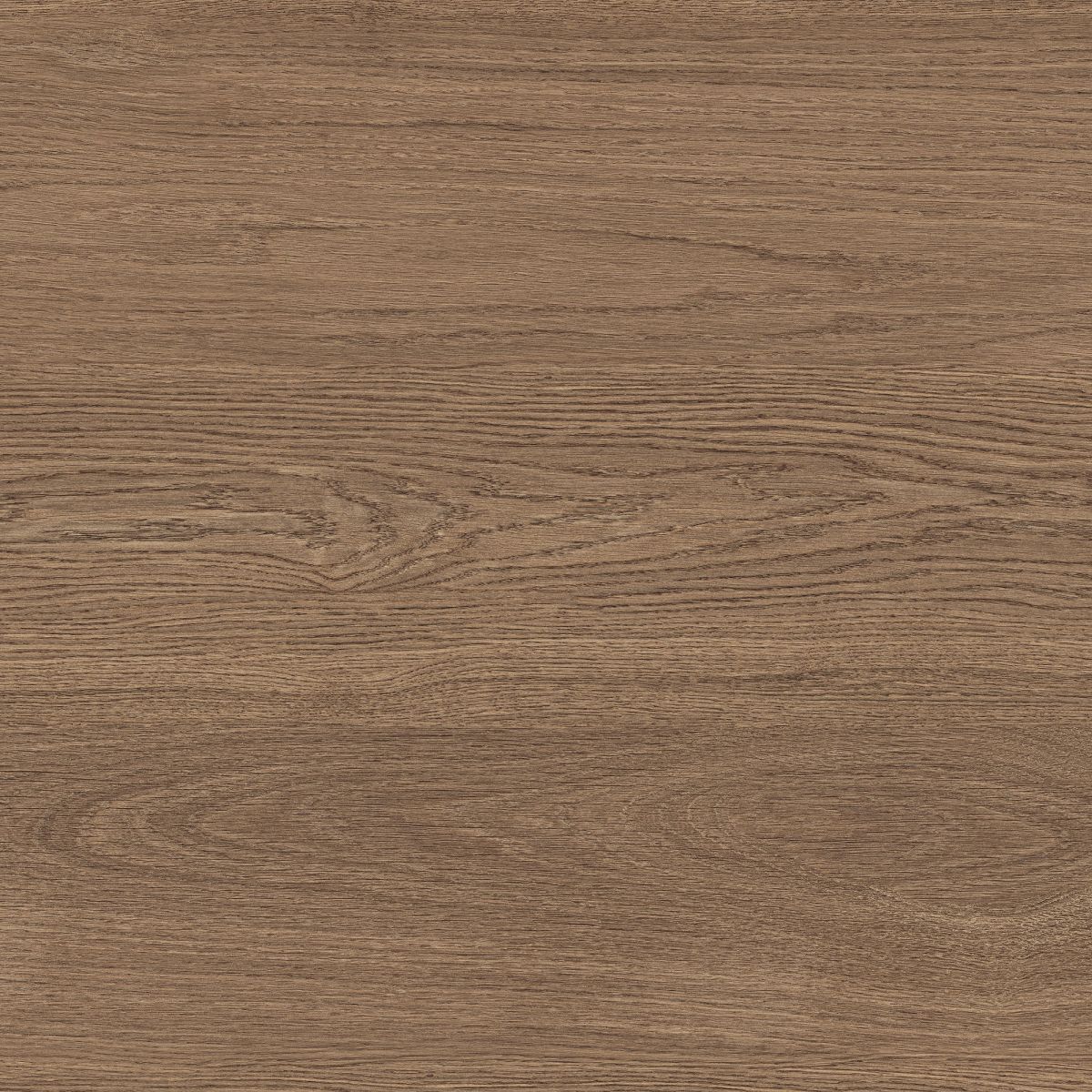 Oaka
OakaNoisette structured anti-slip
20x120 -
 Lombok
LombokClair structured anti-slip
Outdoor Plus 20mm60x60 -
 Lombok
LombokNaturel structured anti-slip
Outdoor Plus 20mm60x60 -
 Lombok
LombokCendre structured anti-slip
Outdoor Plus 20mm60x60 -
 Abéa
AbéaCraie
20x120 -
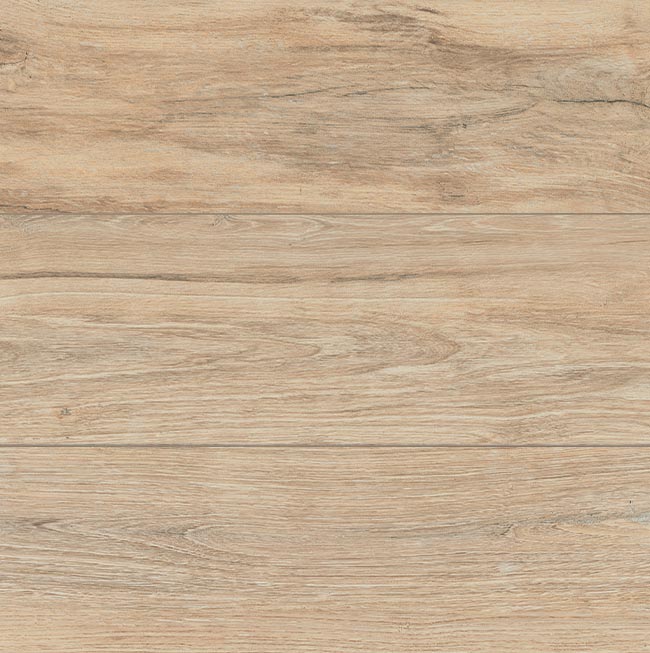 Abéa
AbéaCraie structured anti-slip
20x120 -
 Abéa
AbéaLin
20x120 -
 Abéa
AbéaLin structured anti-slip
Outdoor Plus 20mm30x12060x60 -
 Abéa
AbéaMiel
20x120 -
 Abéa
AbéaMiel structured anti-slip
Outdoor Plus 20mm30x12060x60 -
 Abéa
AbéaCendre
20x120 -
 Abéa
AbéaCendre structured anti-slip
Outdoor Plus 20mm30x12060x60 -
 Hirati
HiratiLin
22,5x90 -
 Hirati
HiratiLin structured anti-slip
22,5x90 -
 Hirati
HiratiNeutre
22,5x90 -
 Hirati
HiratiNeutre structured anti-slip
22,5x90 -
 Hirati
HiratiBrun
22,5x90 -
 Hirati
HiratiBrun structured anti-slip
22,5x90 -
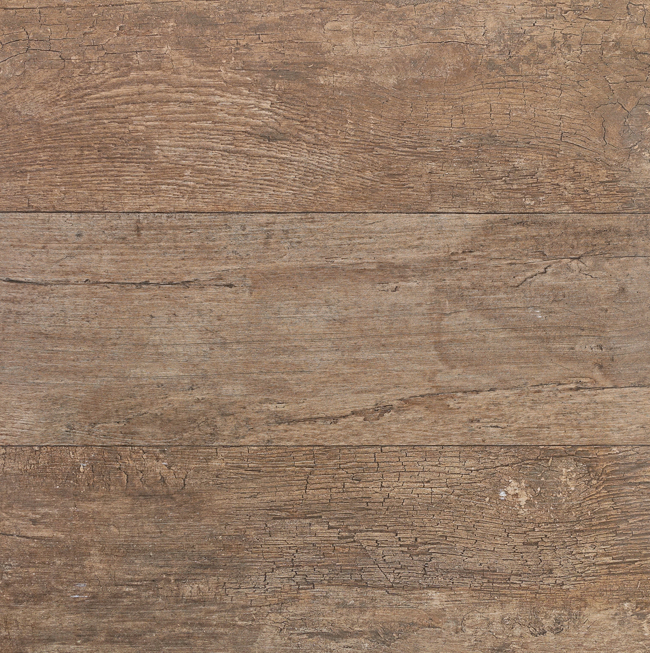 Tablon
TablonNaturel
20x120 -
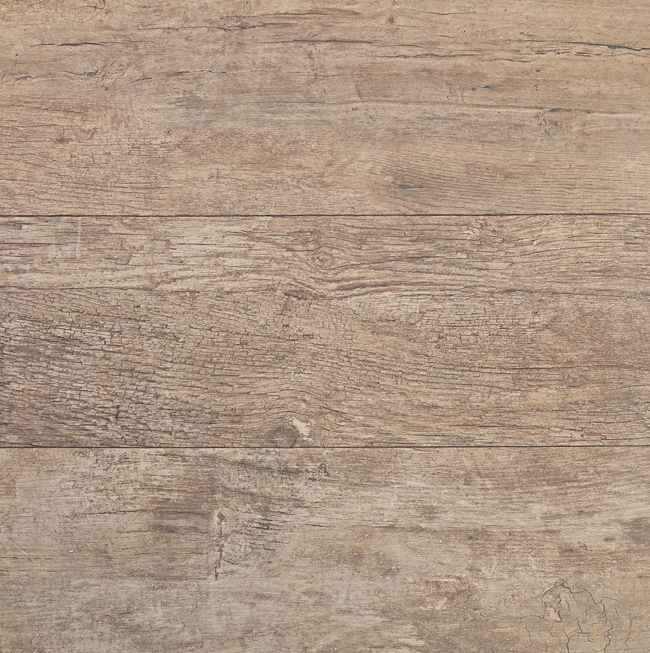 Tablon
TablonClair structured anti-slip
Outdoor Plus 20mm30x12060x60 -
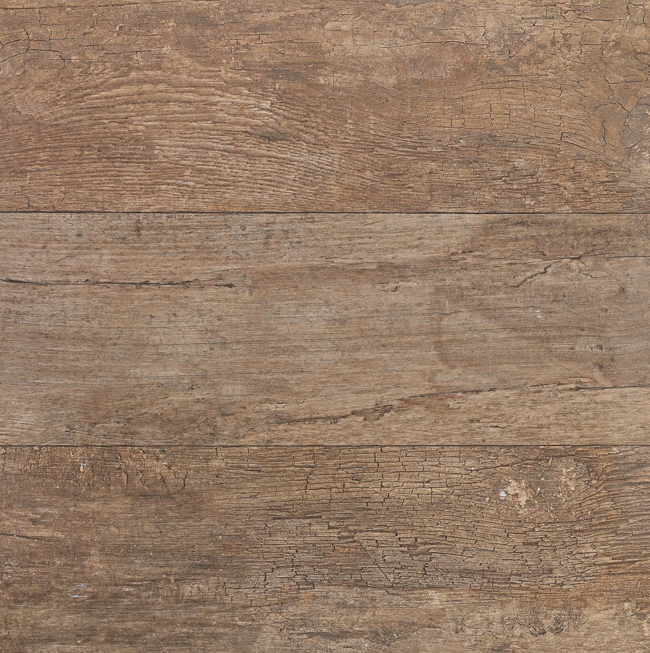 Tablon
TablonNaturel structured anti-slip
Outdoor Plus 20mm30x12060x60 -
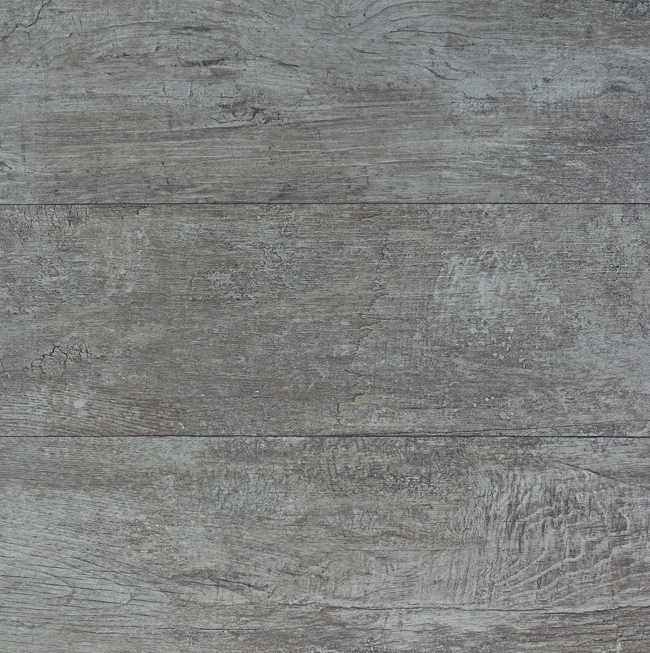 Tablon
TablonGris structured anti-slip
Outdoor Plus 20mm30x12060x60
What you need to know about imitation wood tiling on pads
Tiles on pads are a type of flooring laid on supports. In some cases, it is possible to adjust the height of the tiles before fixing them to the floor.
The pads (or supports) are generally made from strong and durable materials. They can be laid on all types of surfaces, provided that the latter is sufficiently stable. They are suitable for installation on concrete, on old tiles or directly on the ground.
One of the specificities of laying on pads is that the tiles do not require any fixing or grouting. Their installation consists of fixing the edges to the supports.
Tiles on pads imitation wood are a very popular choice for outdoor spaces. It is used for the development or creation of new terraces as well as for the creation of paths in the garden.
The advantages of tiling on imitation wood pads
laying on pads is a practical technique that offers a multitude of advantages.
A practical installation system
Laying on pads is easy to implement. The work required to carry it out is within everyone’s reach. In addition, it adapts to all types of terrain: from concrete slabs to earth to old tiles, the surface just needs to be stable.
During installation, it is possible to adjust the height of the pads. This compensates for any imperfections in the terrain.
If you want to run an electrical installation or pipes under the slabs, you can create a space by adjusting their height. In addition, they remain accessible in the event of possible repairs.
The assembly and disassembly of a terrace on pedestals is done very quickly. This allows renovation work to be carried out without having to break the tiles.
Greater comfort on a daily basis
Forget drying times and maintenance constraints. Once installed, your terrace is immediately ready for use. The absence of joints guarantees a perfectly flat and waterproof surface, even in the event of heavy rain. This way, you can avoid the formation of puddles and limescale deposits that damage traditional coverings.
And for optimal comfort, enjoy the natural freshness provided by the circulation of air under the terrace.
Excellent value for money
Opt for a terrace on pedestals and save money right from the installation. This solution is often more affordable than sealed or glued tiling, especially if the creation of a concrete slab is not necessary.
In the long term, you will continue to save money thanks to the ease of maintenance and the increased longevity of your terrace on pedestals. Indeed, the absence of joints and the air circulation prevent humidity from stagnating, thus preserving your covering from aggression and frequent repairs.
Wood-effect tiling on pads: the perfect combination of aesthetics and performance
Bring your dream terrace to life by combining the timeless charm of wood with the exceptional performance of porcelain stoneware.
With this alternative, you can faithfully reproduce the look of wood, with its unique nuances and textures. A multitude of possibilities are available to you: modern, rustic or refined decoration. You can create a unique atmosphere, according to your desires.
This choice offers foolproof durability. This coating is insensitive to bad weather and perfectly resists frost, sunlight and temperature variations.
The coating includes a non-slip layer, which allows you to walk, even barefoot, with complete peace of mind.
Wood-effect pedestal tiles are an economical, durable solution that does not involve the maintenance constraints of natural wood. They are available in a variety of colors, shades, formats and textures to suit all tastes and styles.
Laying tiles on imitation wood pads: complete guide
Arrange your outdoor spaces with style and practicality by installing tiles on imitation wood pedestals. Here are the steps to follow for a successful installation:
Preparing the ground
Clean and level the surface carefully. Remove debris, stones and vegetation. Compact the soil if necessary. In case of soft soil, add a layer of gravel for more stability.
Lay a geotextile sheet to prevent weeds from growing back and ensure better stability of the pedestals. Cut it to the dimensions of your space and fix it to the ground.
Installing the pedestals and tiles:
Arrange the adjustable plastic pedestals on the ground, respecting a regular spacing. Consult the manufacturer’s recommendations for the exact spacing.
Adjust the height of the pedestals using their adjustment screw to obtain a flat surface. Use a spirit level to check alignment and adjust if necessary.
Lay the wood effect tiles by carefully aligning them on the supports. Make sure the edges rest on the supports and that each tile is stable and without play. Use shims if necessary.
Regularly check the alignment of the tiles with a spirit level. The surface must be perfectly flat. Adjust the supports or tiles if necessary for an optimal finish and long-term stability.
Finishing and final touches:
Make final adjustments to ensure perfect stability. Check that each tile is fixed and that there is no movement. Add specific clips or shims if desired.
For an aesthetic finish, install skirting boards or borders around the terrace. This hides the edges of the tiles and supports for a better appearance. Secure the skirting boards with suitable adhesives or screws.
